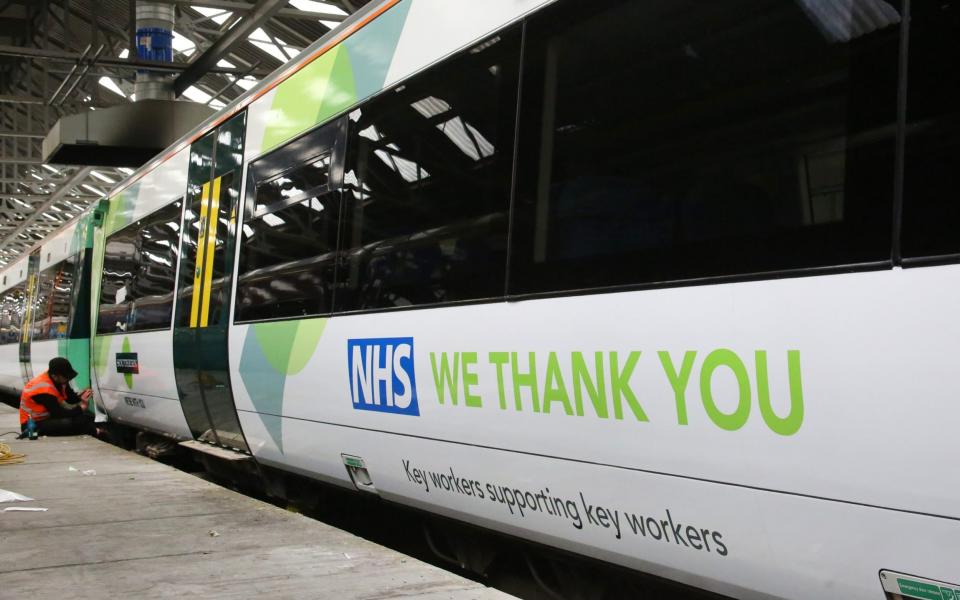Rail franchises ended after 24 years and replaced with contracts that only pay if trains run on time

Britain’s railway franchises have been scrapped after 24 years and replaced with new “recovery” contracts that will only pay out if trains run on time.
New “Emergency Recovery Management Agreements” will replace the existing franchise system and operate in a similar way but mean operators have tougher performance targets and lower management fees.
Grant Shapps, the Transport Secretary, said the new rail management contracts will not pay out if trains are late.
“If they don't deliver, if they don't get people there on time, if they don't run a clean service that people can be confident in, then they won't get that management fee,” he said.
Since March, the Government has bailed out the rail industry to the tune of £3.5 billion, and has taken over the running of Northern Trains and London North Eastern Railway.
Mr Shapps did not explain what will happen to the railways after the emergency agreements expire.
The agreements are a “prelude” to a wider shakeup that will be published in a white paper “when the course of the pandemic becomes clearer”, the Government said.
Labour said it was "completely unacceptable" that taxpayers will continue to pay "hundreds of millions of pounds" in management fees to private companies.
Tan Dhesi, the Shadow Transport Secretary, said: "These agreements paper over the cracks of a broken rail system. It's time to put passengers before profit and bring our rail franchises back into full public ownership."
Matthew Gregory, chief executive of FirstGroup, which owns four franchises, called for "a more appropriate balance of risk and reward for all parties".
He said: "We have long advocated for a more sustainable long-term approach to the railway, with passengers at its centre, and we look forward to working constructively with the DfT to make this a reality."
Transport Salaried Staffs' Association general secretary Manuel Cortes said: "Sadly, it looks like the Government is once again kicking into the long grass what to do with our railways, and instead of grasping the nettle is opting for transitional measures which prop up the status quo."
Most train services in Britain have operated as franchises since the railways were privatised around 25 years ago.
These involve the DfT setting out the terms of service required and private firms submitting bids.

